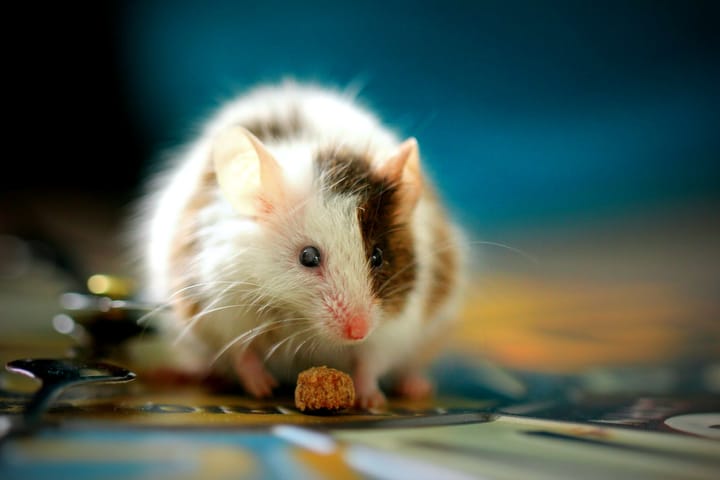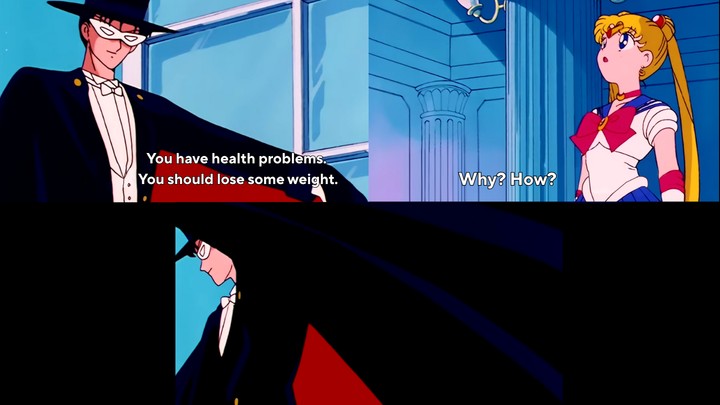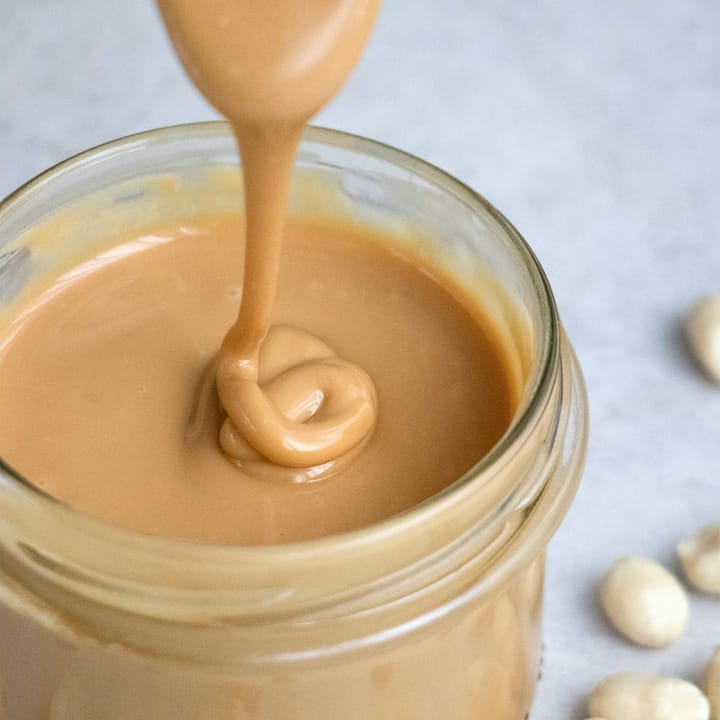What everyone is getting wrong about 'eat less to live longer,' again

A study was published in Nature yesterday with the big headline “Dietary restriction impacts health and lifespan of genetically diverse mice." Oh no. Oh no. Here we go yet again.
Already, Nature's own press arm has PR-ified this into “Eating less can lead to a longer life: massive study in mice shows why,” an interpretation that is inevitably coming soon to an NYT Well blog near you. But hold on, please, I’m begging you, please just hold on for one second. Please, sir or ma’am, spare a moment for a close reading.
Let us look closer at the press release, where experts are virtually begging the press agents not to do this thing they do, which is to turn themselves upside down to spin everything into an endorsement of diet and weight-loss culture:
“The metabolic changes are important,” says Gary Churchill, a mouse geneticist at the Jackson Laboratory in Bar Harbor, Maine, who co-led the study. “But they don’t lead to lifespan extension.” (emphasis mine)
the mouse data from Churchill’s team suggest that metabolic measurements might reflect ‘healthspan’ — the period of life spent free from chronic disease and disability — but that other metrics are needed to say whether such ‘anti-ageing’ strategies can truly extend life.
Daniel Belsky, an epidemiologist who studies ageing at the Columbia University Mailman School of Public Health in New York City, cautions against over-extrapolating from mice to humans.
And, lest anyone need it really spelled out for them, “eat less to live longer” is not even the finding of the study. As stated in even the press release, this is the finding:
We can't have bots here.
Let's see some ID. (Just your real email, please.)





